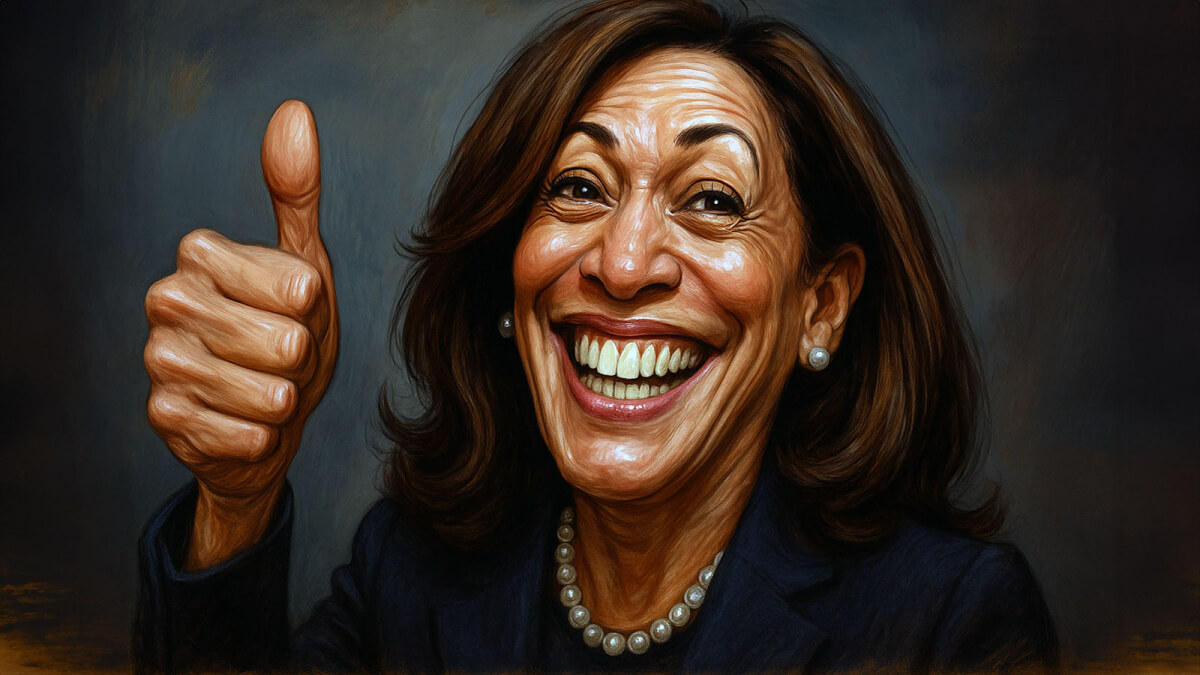Former Vice President Kamala Harris, after her unsuccessful bid for the presidency in 2024, is pondering her next career move with the contemplation of launching a think tank. This institute would serve as a platform for policy exploration and the development of new ideas. At the age of 60, Harris, who humorously remarked to friends about being unemployed for the first time, is exploring various options for her future endeavors.
Brian Nelson, a long-standing advisor to Harris, has been discreetly reaching out to universities, such as Stanford and Howard, to potentially house this new venture. The establishment of a think tank by a former politician is not an uncommon route; however, it comes with its own set of challenges and implications, especially for someone like Harris who may still have political ambitions.
Financial considerations are also at play for the former vice president. Unlike former presidents, ex-vice presidents do not receive the same level of post-office funding, leading Harris to consider alternative income sources to maintain her lifestyle and career. With her campaign funds now exhausted, the urgency to secure new financial stability becomes more pressing.
The potential policy institute has generated some concern among Harris's closest allies. Fundraising efforts for such an institute could present unforeseen political hurdles, particularly as Harris contemplates future political roles. She has publicly stated that she views a run for California governor in 2026 or another presidential bid in 2028 as mutually exclusive paths, necessitating a decisive choice in the near future.
Harris has kept a relatively low profile since the November election, making only occasional public appearances. She recently delivered a speech cautioning against yielding to the use of executive power by President Trump. Furthermore, she engaged with Democratic activists in Wisconsin via Zoom, advocating for their support in the state's Supreme Court election, although her offer to visit in person was declined due to concerns of potential distraction.
Despite her reduced visibility, Harris's influence within the Democratic Party persists. Her decisions and public statements continue to draw attention, underlining the significance of her next steps for her political trajectory. As she seeks to reestablish her position within the political arena, her course of action is highly anticipated.
In the meantime, Harris's husband, former second gentleman Doug Emhoff, has resumed his career in the legal sector. He has taken up a lucrative role at the law firm Willkie Farr & Gallagher, reportedly earning $6 million a year. His position has garnered attention due to a contentious deal between the firm and Trump, which Emhoff is said to have opposed privately, thus adding complexity to the couple's political connections.
As Kamala Harris navigates the uncertainties of her post-campaign life, her forthcoming decisions will be crucial in determining her ability to reclaim political significance and whether she will direct her focus towards policy work or another electoral campaign. Given the challenges she encountered during her presidential run and past political missteps, Harris's path forward requires careful deliberation to avoid additional controversy or setbacks.





